Brenda’s Business with NOBU
|Brenda Weischer
When world famous chef Nobu invites you to a dinner in the Mandarin Oriental Munich, you go. On my second (fully vegan) course of sushi, with FC Bayern München players to my right and German high society to my left, it dawned on me that Mr. Nobu Matsuhisa has probably already heard every interview question in the books. I thought, it might be tough to keep him interested. What to ask someone who has every detail of their success story on a Wikipedia page?
As we reached course number six, however, my confidence, mixed with a bit too much sake, kicked in. Nobu had by then greeted each and every of his 100 invited guests personally, and, like a true host, only sat down to eat with his team when most people were already done with their food. Even then, he did not seem to mind being interrupted when drunk guests came over to ask for selfies. The hospitality mogul just turned 74 and seemed to have more energy and enthusiasm than everyone in the room combined. Everyone at my table agreed; Mr. Nobu can hang.
As I head up to the seventh floor of the MO to meet the man in his presidential suite the next morning, he's full of energy and ready to talk, wearing a white chef’s uniform on top paired with his signature Homme Plissé by Issey Miyake pants.
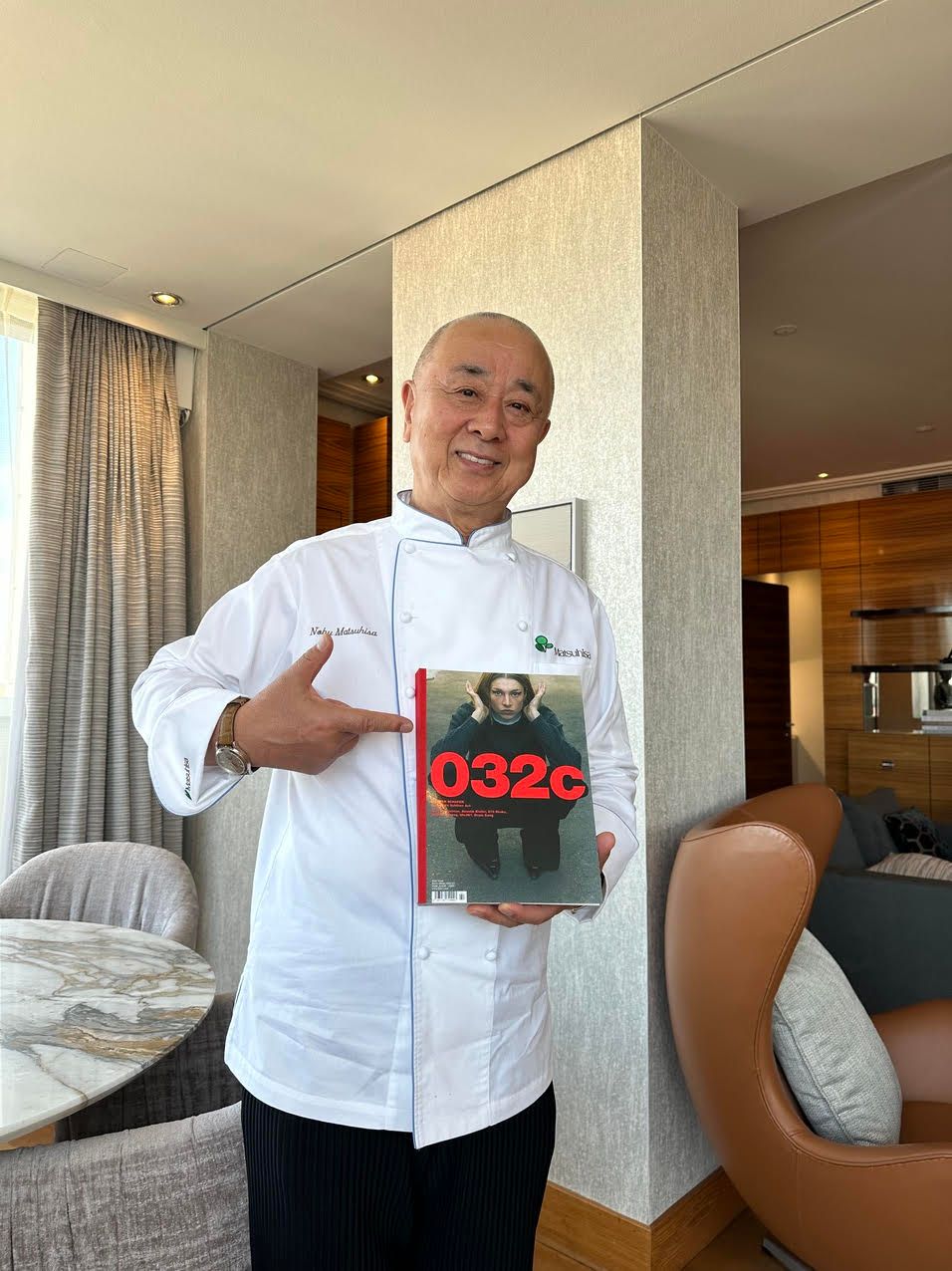
BRENDA WEISCHER: Your life story and your success are often told like a fairytale. However, it is not as linear as people make it seem. Working in Tokyo as a teenager, you mostly washed dishes for the first years of your professional life. Looking back, did you always know where you wanted to end up? Would 15-year-old Nobuyuki believe me if I told him he’d have more than 50 restaurants and a dozen hotels all over the world and is addressed as the most famous chef in the world?
NOBU MATSUHISA: No, never! I did not know where this life would bring me. And there were failures, and I tried again, and had another setback, and I tried again, and another defeat, and I tried again.
BW: I heard the famous story about becoming business partners with Robert De Niro, your regular guest in your Beverly Hills restaurant, many times. However, I would like to backtrack a little. You’re a young chef in your early twenties working in Tokyo, and there is a regular guest, a Peruvian, who convinces you one day to move to Peru with him to open a restaurant. I’m already hinting at the topic of your industry being a people's business, but you moved across the world for a business venture, knowing only one person?
NM: Yes, I only knew that one customer. It was me and my wife. I had never left Japan at this point. I understand this sounds risky, but I tell any young person to always take any opportunity you are given. My dream was always to travel. My father died in an accident when I was eight. Growing up, all I had of him were pictures, and they showed him on his travels. It’s something I found inspiring. I wanted to be like him. So, this regular customer always went to Japan when it was winter in Peru because it was the opposite season here. And we bonded over many things. He told me about the Amazon and how to make couscous, a relationship between a chef and a customer. When he asked me to move, there was no doubt in my mind. This was my chance to travel the world. There is no story of success without risk, that doesn't exist.
BW: There are a lot of chapters of risk in your life. I read that you almost lost everything when you moved to Alaska and your restaurant burned down just weeks after opening.
NM: An electrical fire, everything burned down to the ground. I moved with my wife and my small children to Alaska. I invested and also loaned money to open this restaurant. I wanted to commit suicide. I wanted to kill myself. But I had to support my family. So, it was obvious to me that I had to get back up.


BW: Getting up is one thing, but actually finding the strength to start all over again, when something so traumatic happens to you, to not give up on your dream when you saw it literally burn down in front of your eyes, that’s something else.
NM: Absolutely, but no one else will do it for you. Even when success is there, no one will push you to work. That has to come from yourself. After Alaska, we went back to LA. I had 24 dollars in cash. I had a job lined up in LA, I think chef salary was 400 dollars. Plus in America you live off tips. Tipping culture came to help me.
What came next for Nobu is the often-repeated story of opening his first restaurant, Matsuhisa, in Beverly Hills in 1987. It instantly became very popular . One of his regular customers happened to be Robert De Niro. After years, De Niro convinced Nobuyuki to open the first Nobu with him in New York in 1994. It was the first of many. The rest is history.
BW: I have a conversation with a lot of my designer friends about whether or not you should name a brand after yourself. It seems like an obvious choice at the beginning, but when something goes wrong or if it ever lands in other hands, it can come to bite you. Something exists in your name, and you have no control over it. Nobu has cult status now, larger than life. Do you ever feel detached from your own name?
NM: Detachment, of course. Most young people know “Nobu Nobu Nobu” (he references the song “Jumpman” by Drake & Future, and I sink into the Mandarin sofa as I realize I have no witnesses that the Nobu Matsuhisa just basically gave me a rap verse). I have instances where I am introduced to kids and they say, “No one's name is Nobu, that’s a restaurant!” But it makes me proud. You work harder when something is in your own name, it is more precious. And you’re right, a lot of things are no longer in my hands, but I have incredible trust in my teams.
BW: Trust is something I wanted to touch on. You cannot physically check on all 50 restaurants yourself. While I know you're not in HR in charge of hiring people, I was wondering what makes you interested in someone who wants to work with you. I am guessing the CV doesn’t matter so much in hospitality, it’s not about Ivy League degrees. I read that your current COO actually started out by working in one of your restaurants?


NM: Yes. Of course, skill and technique are important, you need to know your craft. But that is just the base. Personality is important, and passion is the most important of all. Cooking is a passion for me, but even talking to you right now, I want to try my best to answer your questions. I hope my passion in explaining what I do comes across to you too. My number one question to people that want to work with me is very simple, “Do you like to cook?” I wait and see the reaction on their faces. Everything is about attitude. When me and my wife were dating, she cooked for me one night. And she made a mistake. She confused salt and sugar. But I ate it anyway. Of course, it didn’t taste the way it was supposed to, but it wasn’t bad. And that was because of passion and presentation.
BW: You always put my clue words into my lap. Presentation. I’m not sure if you heard the term “the phone eats first.” My generation, and younger, often goes to restaurants for very different reasons now. I would love your thoughts on where the industry is headed.
NM: I witnessed something interesting when I visited my restaurant in New York. A table of ten people, all famous rappers. They were texting each other what they were going to order, sitting across from each other but looking down on their phones. It was a new sight for me. I obviously come from a very different generation. But truthfully, it’s not something that bothers me. The people that just come for the pictures, they come one time. Then their online friends have seen it. But the people that come for the food and the service, they come again. Those are the regular faces for me. So, “the phone eats first” is only a very tiny fraction of customers in reality.

BW: That makes sense. I see a lot more restaurants now being designed for social media, but the Nobus stay relatively consistent and quiet in terms of design.
NM: Designing for the phone is a good marketing tool, but it’s not the aspect that brings people back into the restaurant. We want substance. The Beverly Hills location is just being renovated, and it looks exactly the same as when we opened. We opened in Mykonos 20 years ago. And now there are hundreds, and they come and go, and we are still there with the same look. It’s easy now to build something big and beautiful for the phones, but afterwards you have to deliver. At the end, the customer decides. They are the ones who spend their money. And either they come back, or they don’t! And if they don’t come back, it was not because of lack of design, but because of bad service. I do not mind the picture taking at all, this is just the times we live in. But what makes me truly happy is when a customer leaves happy, and they tell their friends. Step by step. Restaurant business works the same it did thirty years ago. By word of mouth and recommendation. People come back if they had a pleasant experience.
BW: If we put the value of good food and good service on a scale, what percentages do you give the importance of each?
NM: I would give good food 49 percent and good service 51 percent. I am a chef at heart, more than I think of myself as a businessman. So, I want food to be more important. But a chef is just a link in the chain. The pilot. I have the recipe, I have the ingredients, the flavors. But I cannot make it entirely individual for every table and their different needs. What can make a difference is the service. Service is 100 percent adjustable, more flexible. A customer remembers taste, but they mostly remember how you made them feel.
Credits
- Text: Brenda Weischer
Related Content
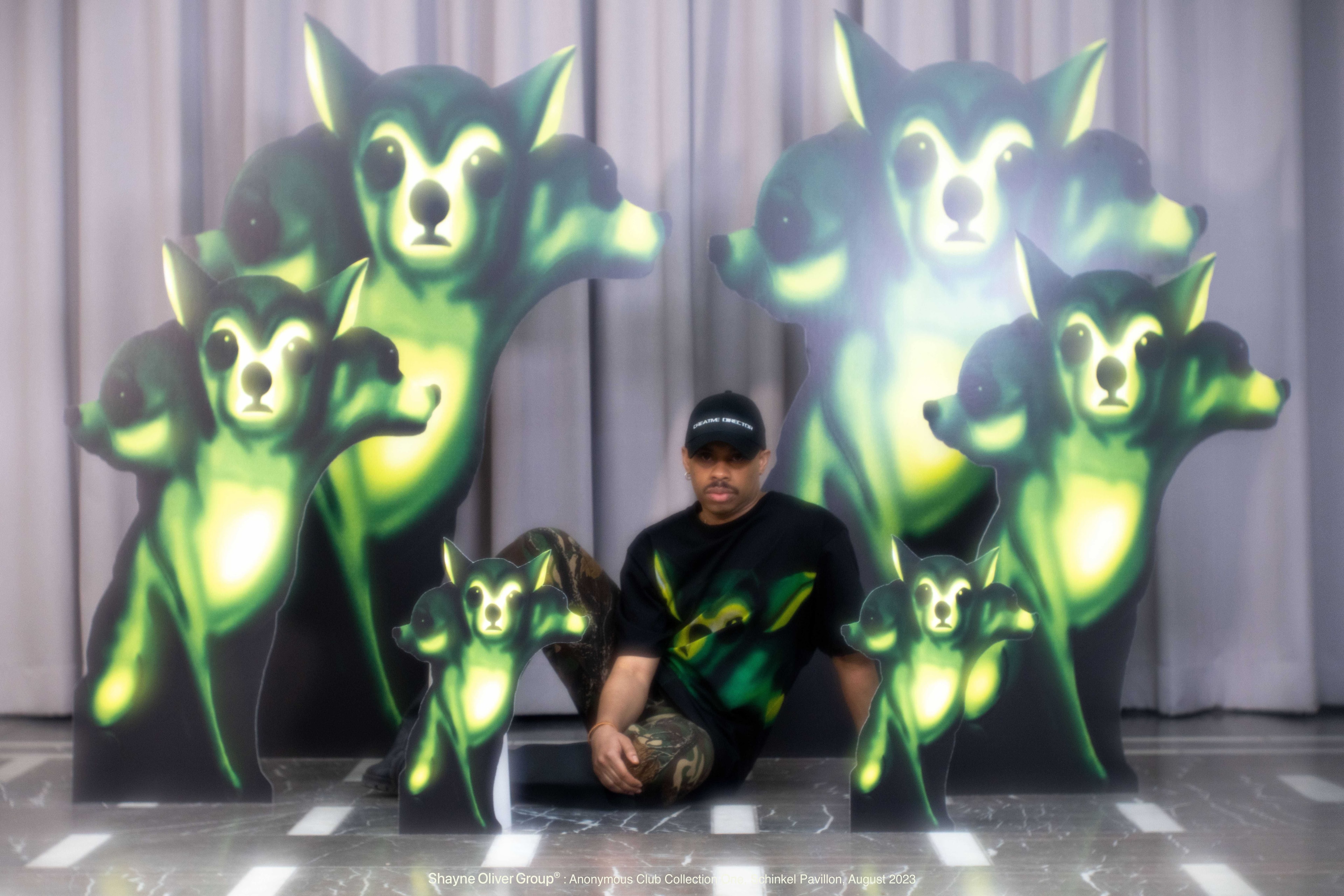
Brenda’s Business with SHAYNE OLIVER
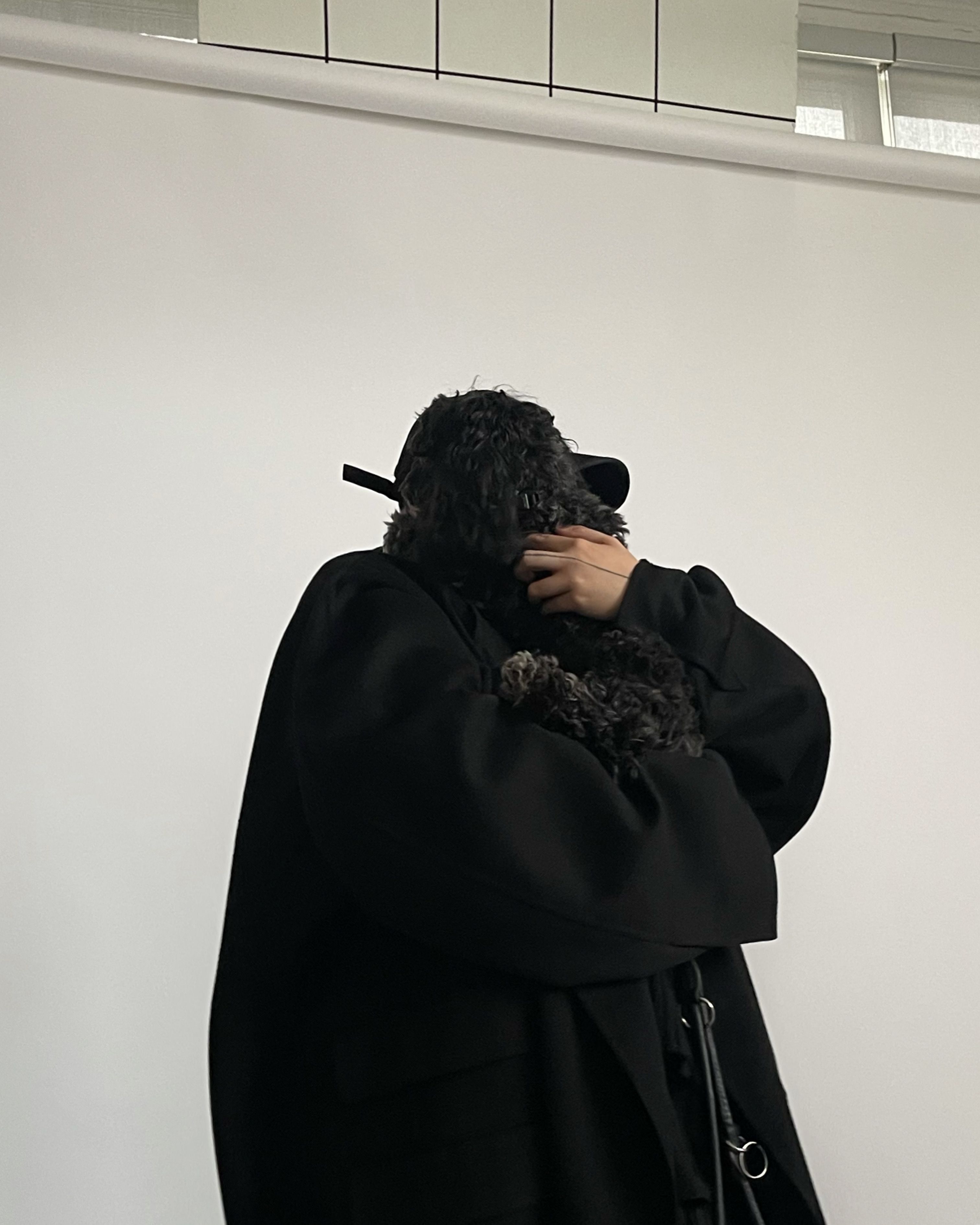
Brenda’s Business with PETER DO
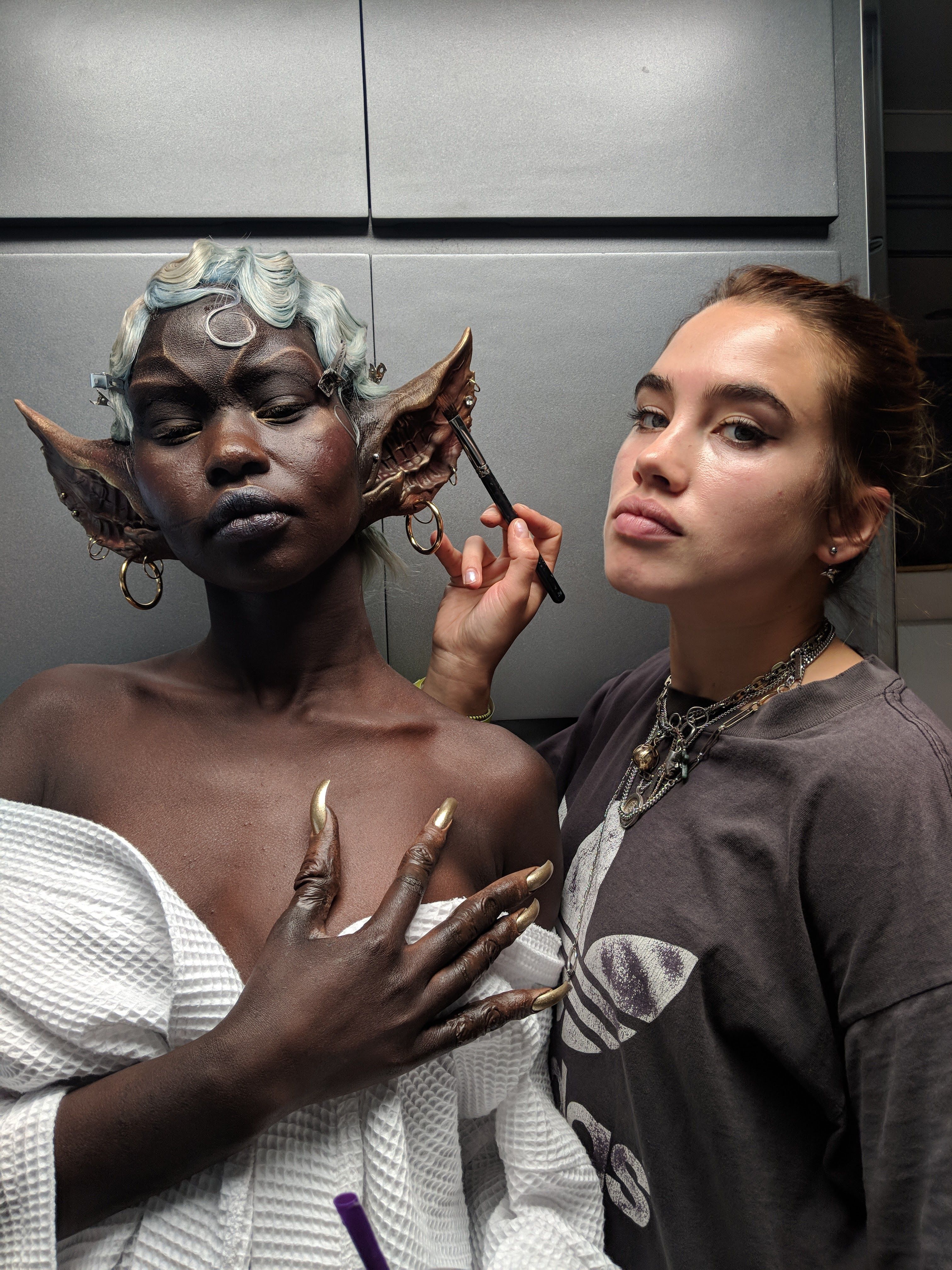
Brenda’s Business with ISAMAYA FFRENCH
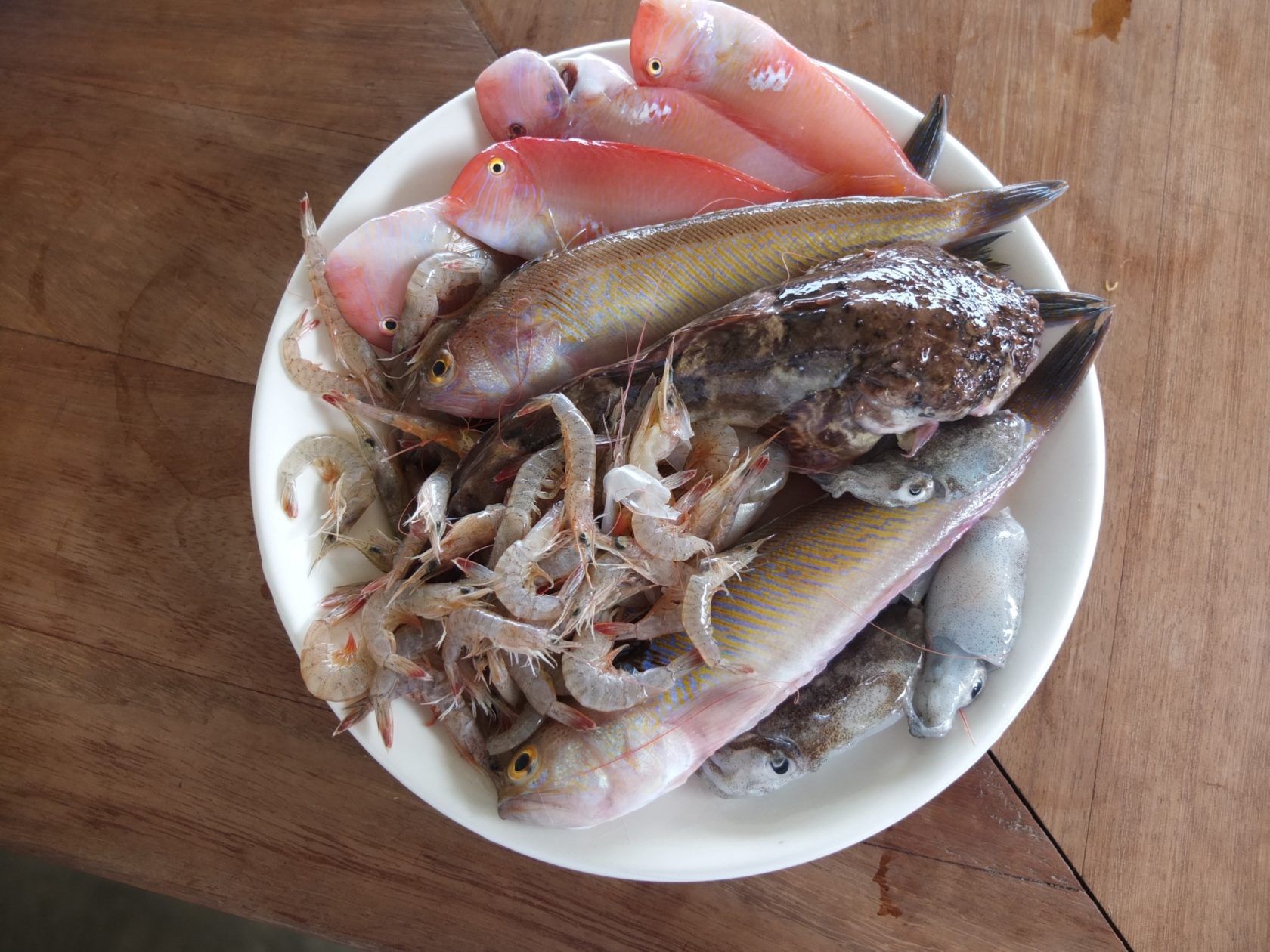
CARSTEN HÖLLER: The Brutalist Kitchen Manifesto

Confinement Kitchen: Feast On Your Modernist Heroes With ESTHER CHOI’s Le Corbuffet
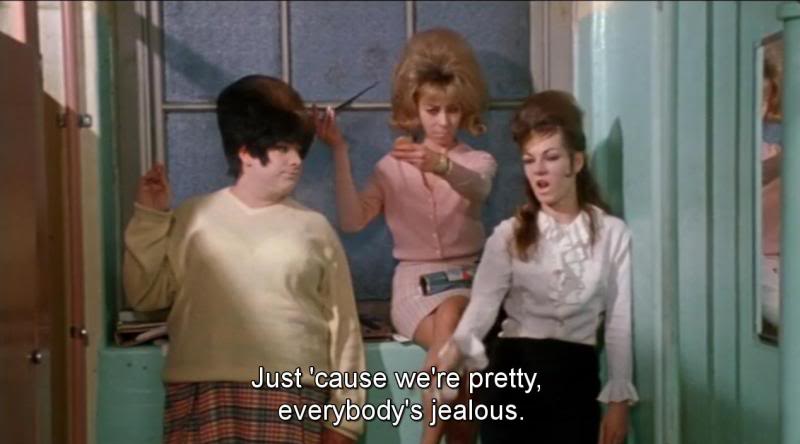
THE CURE FOR A BAD PARTY – Author CHLOÉ GRIFFIN on Underground Icon COOKIE MUELLER
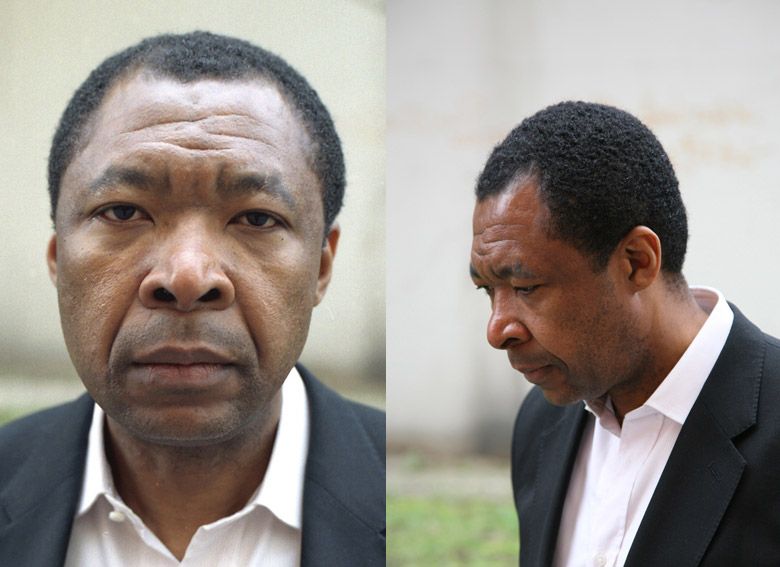
We Salute OKWUI ENWEZOR (1963-2019): The Only Thing Modernity Teaches Us, There Are No Innocents
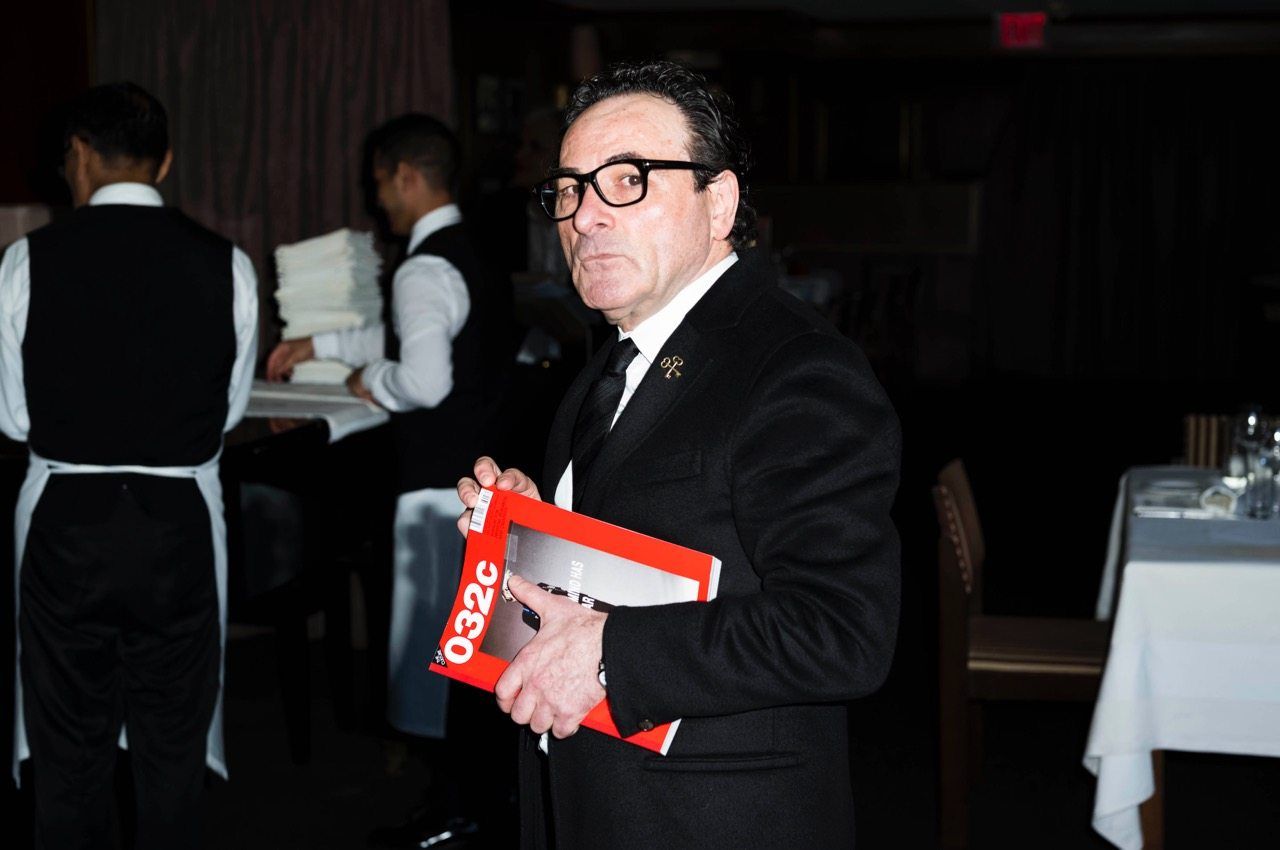
Lost in LA: Chronicles from SUNSET TOWER